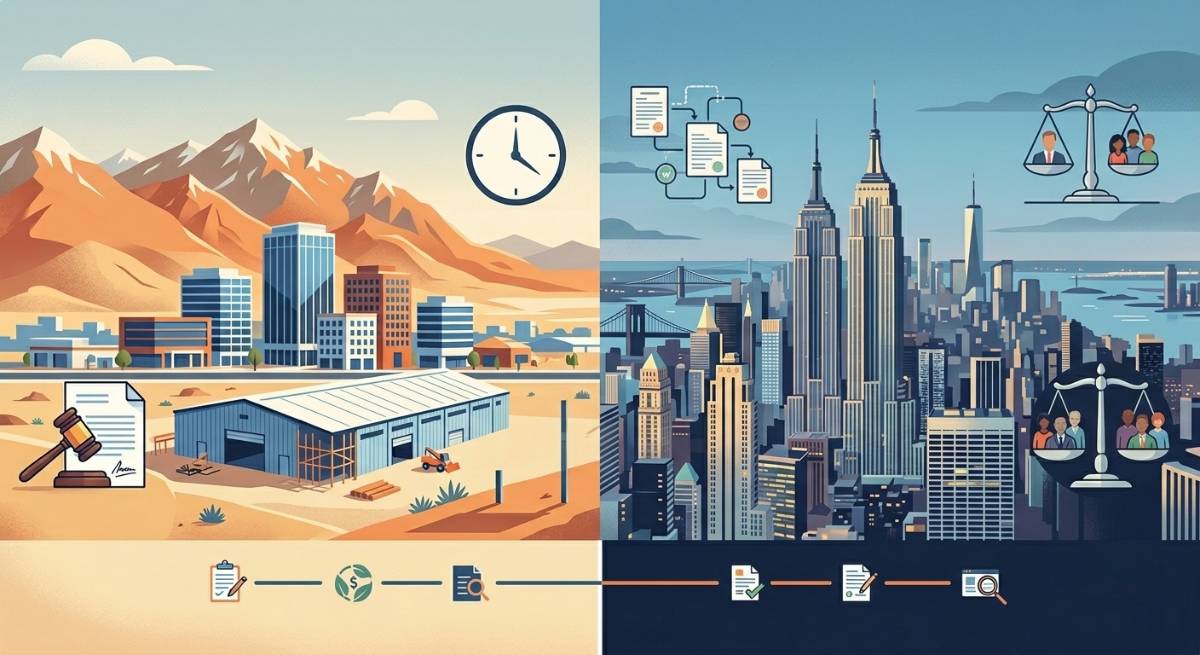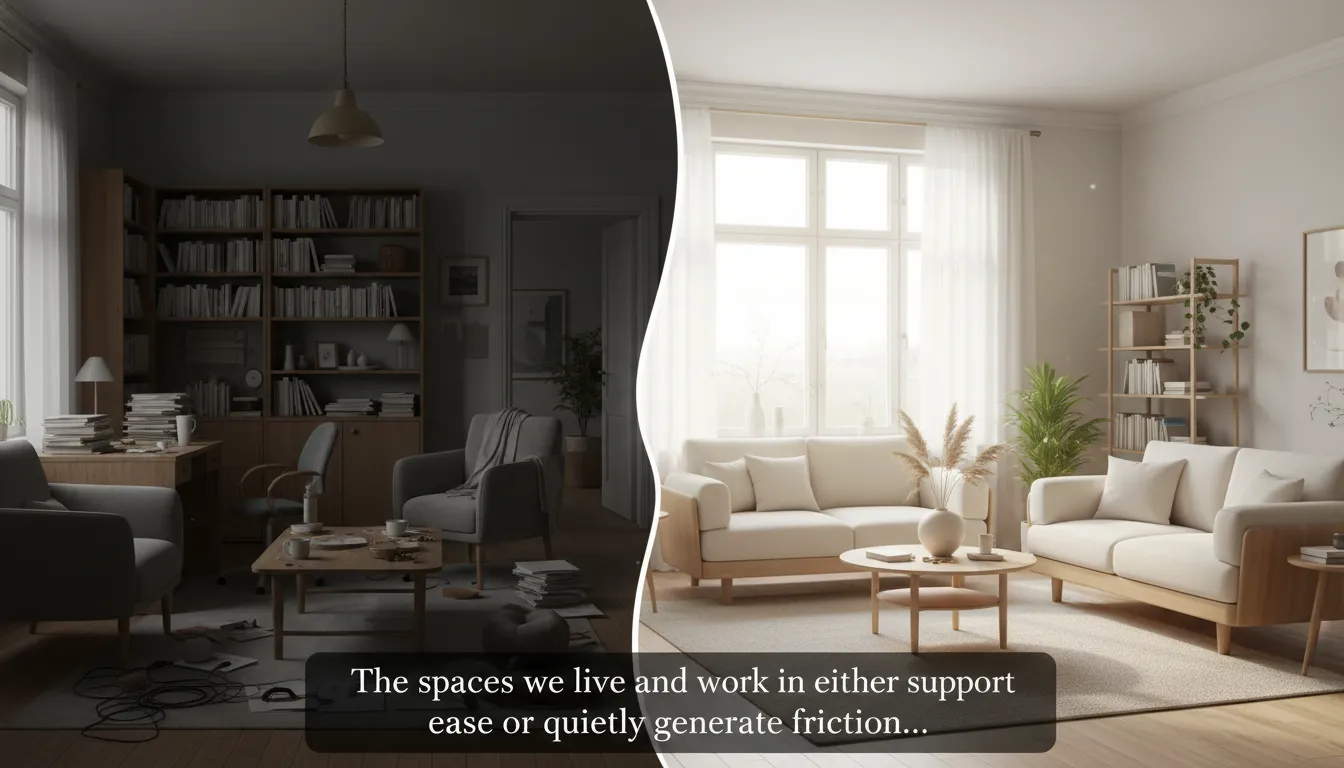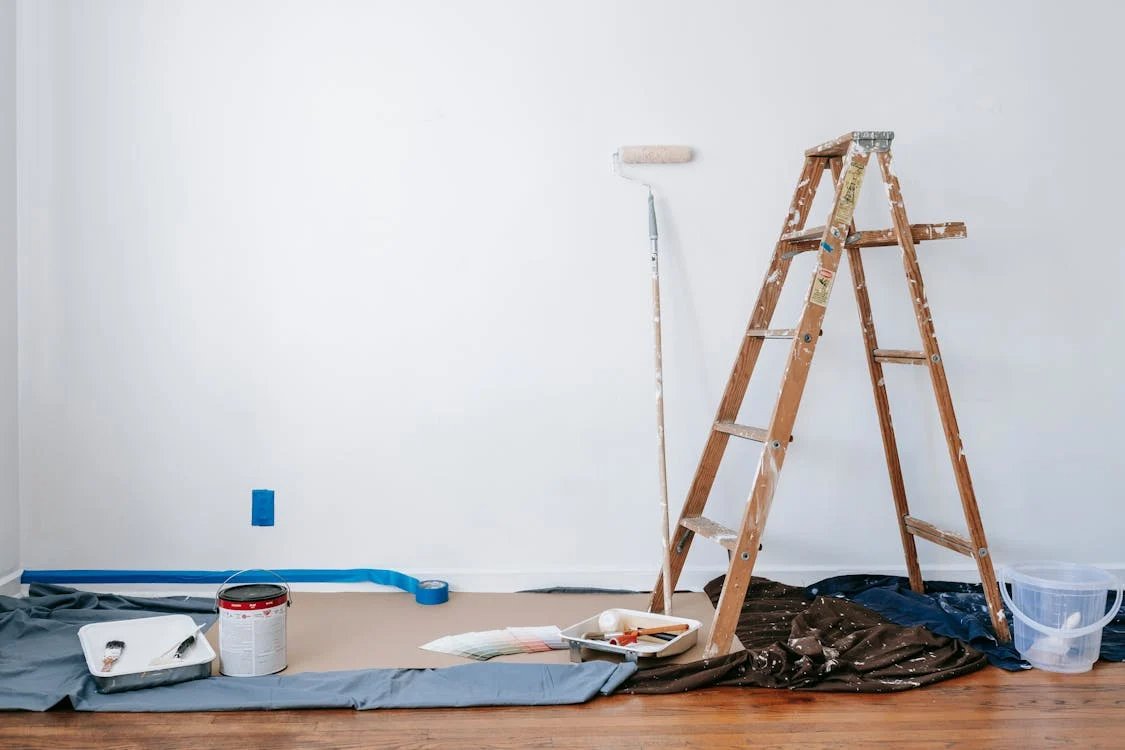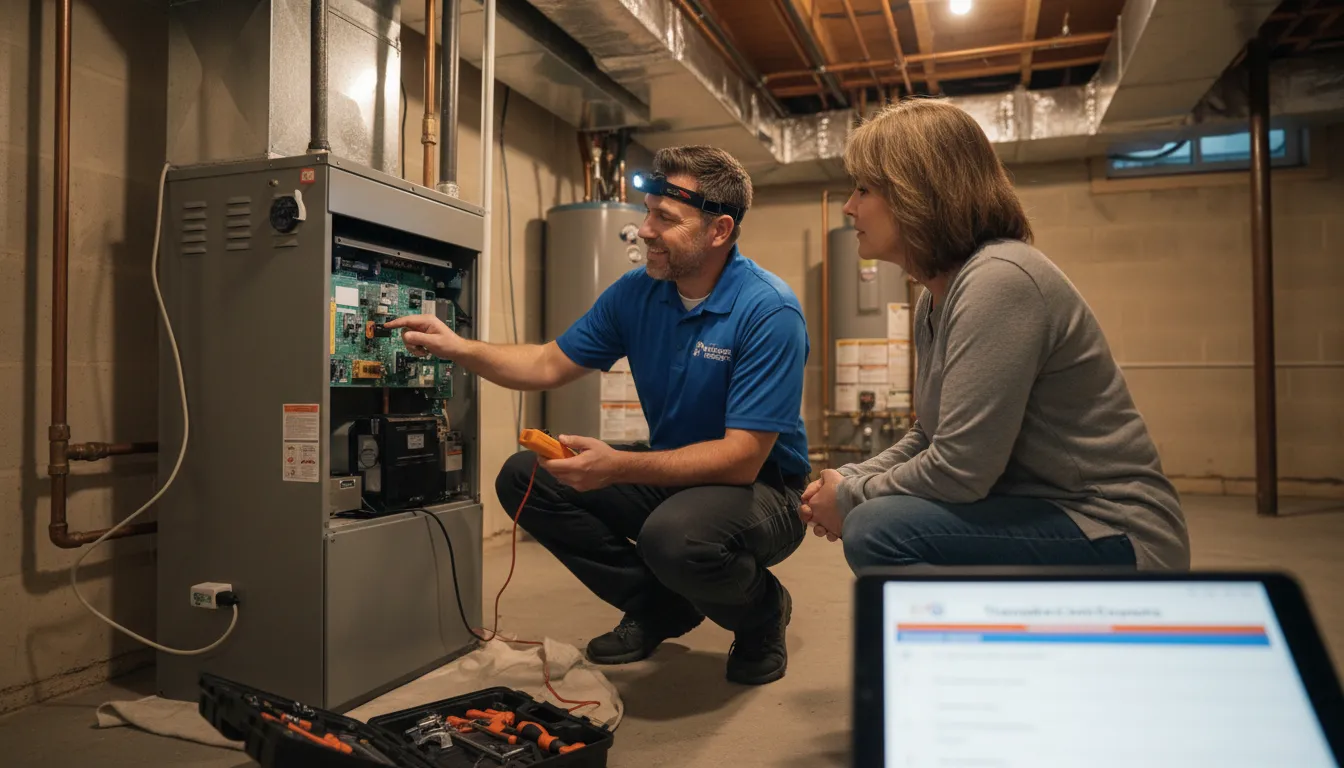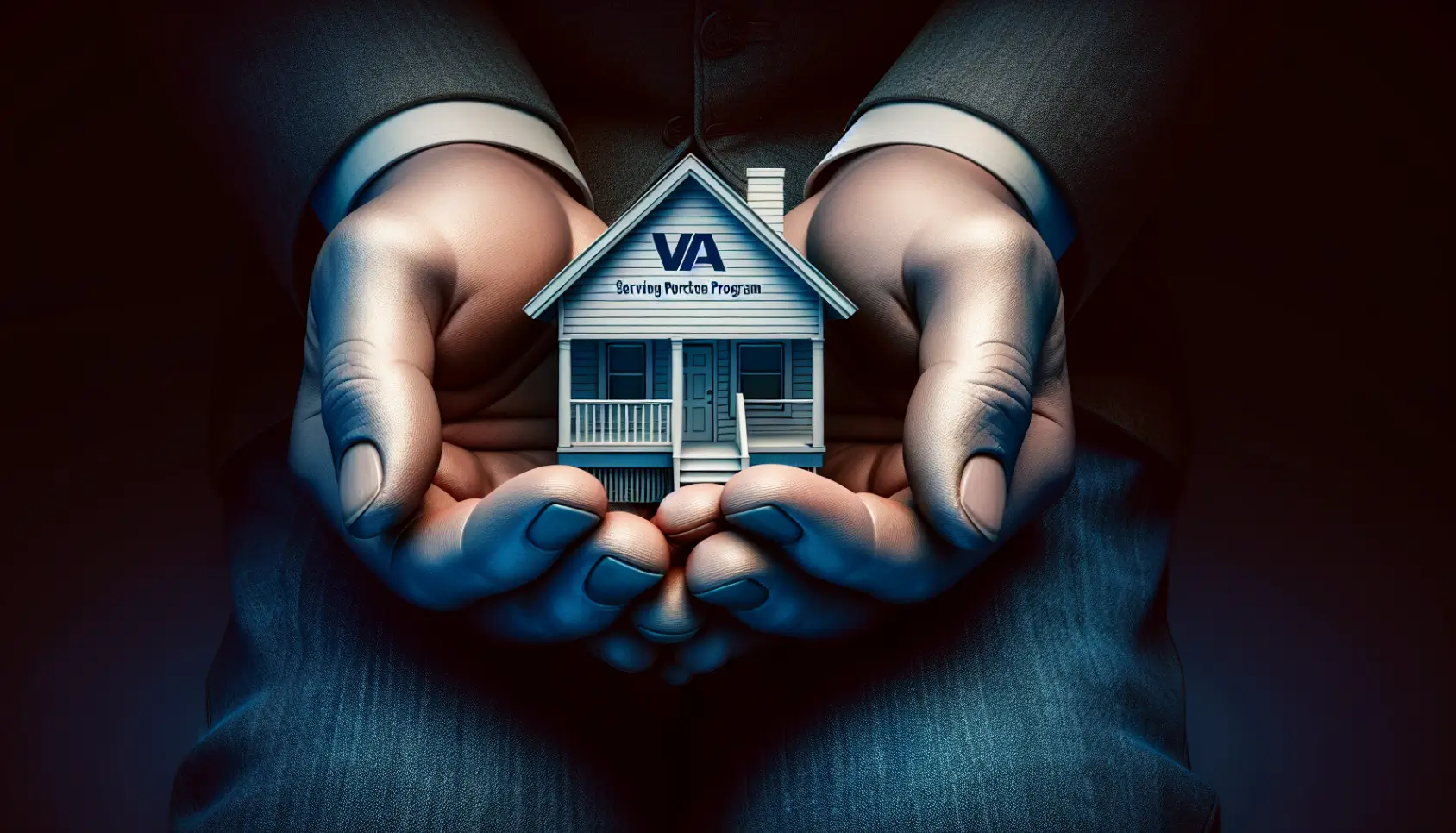
The VA is launching a new program called the Veterans Affairs Servicing Purchase (VASP) that will allow the department to purchase defaulted VA loans from outside mortgage servicers and modify the terms to provide veterans with a fixed 2.5% interest rate to help them avoid losing their homes.
Overview of the VA's New Program
The Veterans Affairs Servicing Purchase (VASP) program is designed to assist veterans facing mortgage challenges post-pandemic. This initiative aims to help veterans avoid foreclosure by offering a fixed 2.5% interest rate on their home loans.
Objective of the VASP Program
The primary goal of the VASP program is to provide a safety net for veterans who have defaulted on their VA-backed mortgages. This ensures they have an affordable payment option in a high-interest rate environment.
Scope and Impact
The program is expected to benefit around 40,000 veterans, troops, and their families. It specifically targets those who have defaulted on their mortgages, helping them avoid the risk of losing their homes.
Eligibility Criteria
Only veterans with defaulted mortgages are eligible for this program. Those who have renegotiated their loans into higher-cost mortgages are not eligible for the VASP program.
How the VASP Program Works
The VASP program is structured to purchase and modify defaulted VA loans to help veterans avoid foreclosure.
Loan Purchase and Modification
The VA will buy defaulted loans from outside mortgage servicers. They will then modify these loans to offer a fixed 2.5% interest rate for the remainder of the loan term.
Automatic Inclusion
Veterans do not need to apply for the VASP program. If they qualify, their mortgages will be automatically purchased by the VA.
Exclusion of Non-Defaulted Loans
This program is not an incentive for default. If other home-retention options like loan modification or repayment plans can resolve the delinquency, the VASP program will not be available.
Explore Utah Real Estate

238 N 2020 W ##69, Hurricane, UT
$1,050,000
Bedrooms: 6 Bathrooms: 6 Square feet: 3,054 sqft

1040 S SUMMIT CREEK DR, Woodland Hills, UT
$2,845,000
Bedrooms: 6 Bathrooms: 6 Square feet: 5,753 sqft
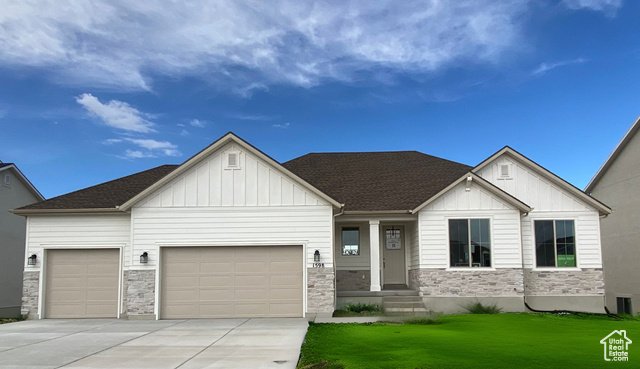
334 E 1150 N #78, Salem, UT
$661,900
Bedrooms: 3 Bathrooms: 2 Square feet: 3,391 sqft
Economic Benefits
The VA estimates that the VASP program will save approximately $1.5 billion over the next decade. These savings come from avoiding costs related to housing vouchers, federal loan defaults, and veteran homelessness.
Helping Veterans in Difficult Situations
The VA's new program aims to provide crucial support for veterans facing foreclosure. This initiative is especially vital in light of the COVID-19 pandemic's impact on financial stability.
Challenges Faced by Veterans
Many veterans took advantage of the COVID forbearance program, allowing them to skip mortgage payments temporarily. However, when this program ended, they faced large, lump-sum payments or foreclosure threats.
Loan Modifications and Interest Rates
Loan modifications often bind borrowers to current, higher interest rates. This makes it difficult for veterans to keep up with their mortgage payments, leading to financial strain.
VA's Intervention
The VASP program provides a fixed 2.5% interest rate, making mortgage payments more affordable. This helps veterans stay in their homes, offering stability and peace of mind.
Eligibility and Limitations of the VASP Program
The VASP program is a targeted initiative with specific eligibility criteria to ensure it assists those in the most need.
More Properties You Might Like
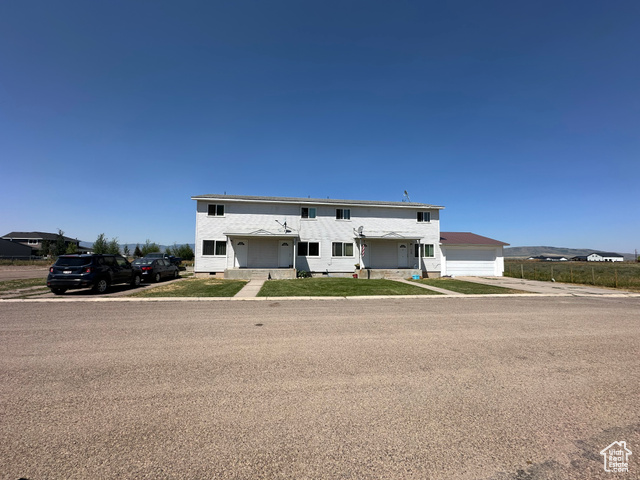
555 N 9TH ST, Montpelier, ID
$679,000
Bedrooms: 8 Bathrooms: 4 Square feet: 7,400 sqft

1843 W GLENCOE MOUNTAIN WAY #705, Park City, UT
$9,350,000
Bedrooms: 3 Bathrooms: 4 Square feet: 2,490 sqft
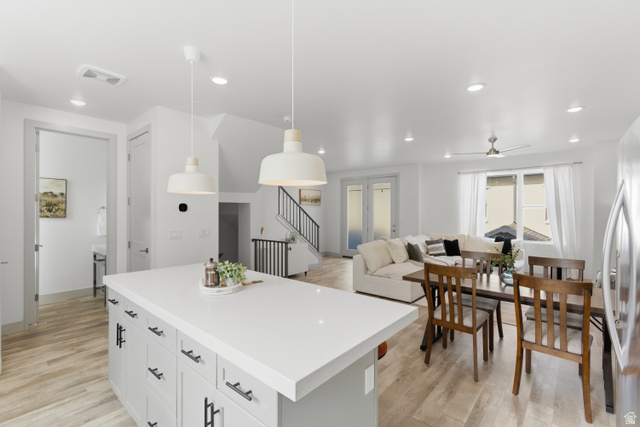
11344 S WILLOW WALK DR, South Jordan, UT
$439,900
Bedrooms: 3 Bathrooms: 3 Square feet: 1,703 sqft
Who Qualifies?
Only veterans who have defaulted on their VA-backed mortgages are eligible. This program is not available to those who have renegotiated their loans into higher-cost mortgages in the past year.
Automatic Enrollment
Veterans do not need to apply for the VASP program. If they meet the criteria, their mortgages will be automatically purchased and modified by the VA.
Program Limitations
The VASP program is not an incentive for default. If other home-retention options can resolve the delinquency, the program will not be available.
Impact on Veterans
By focusing on those in default, the VA aims to help approximately 40,000 veterans, troops, and family members avoid foreclosure and maintain homeownership.
Concerns for Veterans Who Renegotiated Loans
While the VASP program aims to provide relief for veterans in default, it does not address all challenges faced by veterans with high-cost loans.
Related Articles:








